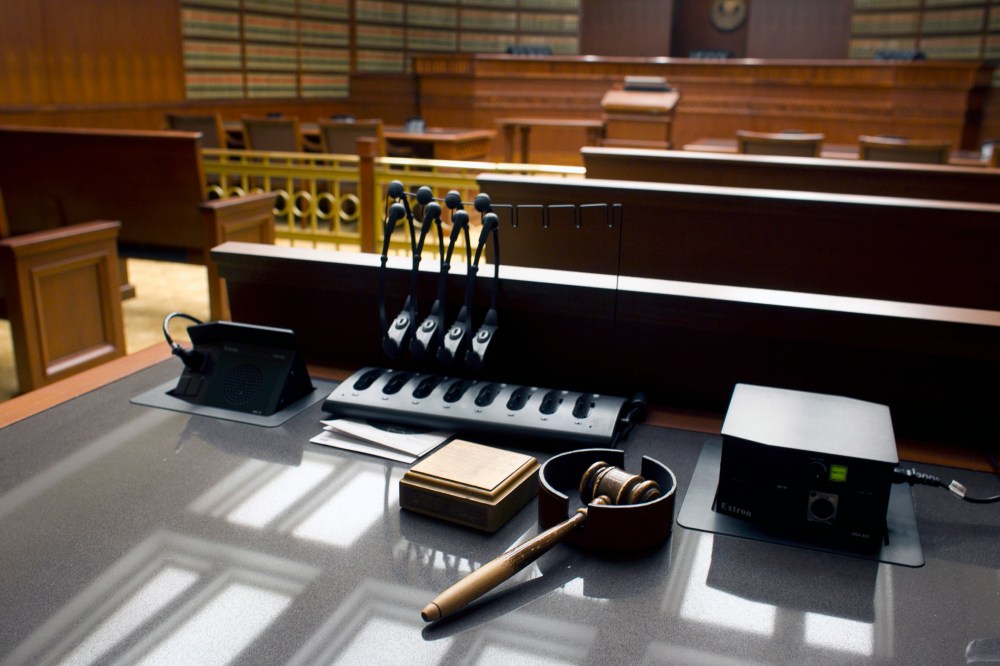In 1954, the U.S. Supreme Court issued a unanimous, landmark ruling in Brown v. Board of Education, striking down school segregation, and making clear that “separate but equal” is inherently unequal. It was one of the most important judicial rulings in American history.
With this in mind, it recently came as a surprise when one of Donald Trump’s judicial nominees wouldn’t say whether she believes the case was decided the right way.
During her Senate confirmation hearing on Wednesday, Wendy Vitter, one of President Donald Trump’s judicial nominees, refused to answer a Democratic senator’s questions about whether the landmark Brown v. the Board of Education Supreme Court ruling was correctly decided.
When Sen. Richard Blumenthal (D-CT) on Wednesday asked whether the ruling was “correctly decided,” Vitter — who was nominated for a seat on the U.S. District Court for the Eastern District of Louisiana — dodged the question, saying she didn’t want to comment on any specific rulings. She claimed commenting would open up the door for critiques of her impartiality.
This week, it happened again. Andrew Oldham, a Trump nominee for the Fifth Circuit of Appeals, was asked the same question and answered the same way.
At face value, I can appreciate why would-be jurists want to convey their impartiality, especially during Senate confirmation hearings. One never knows what kind of cases might arise in his or her courtroom, so judicial nominees tend to be understandably cautious about taking sides on controversial issues.
Except in 2018, there’s no reason to see state-sanctioned segregation as a controversial issue.












